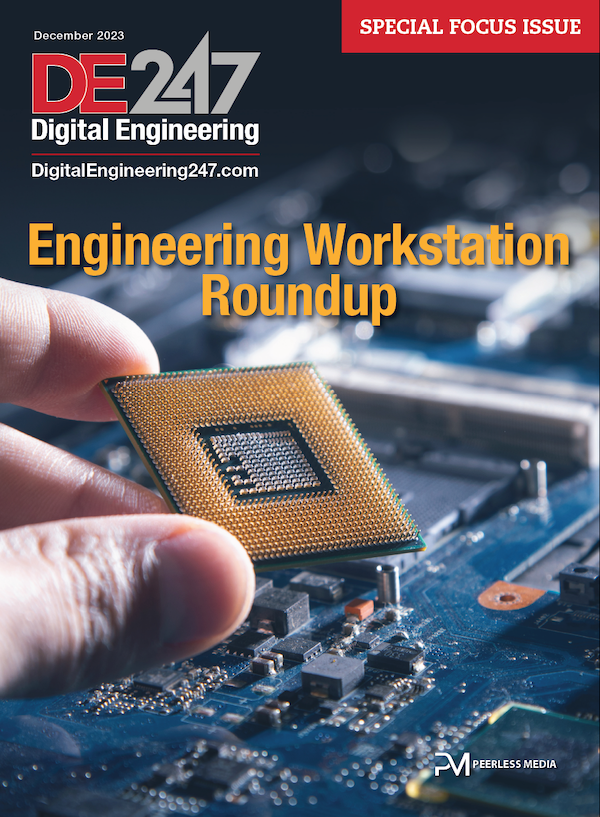The MathWorks Expands Parallel Computing Toolbox
Toolbox now enables MATLAB users to create and distribute parallel applications.
Latest News
October 23, 2008
By DE Editors
The latest version of the Parallel Computing Toolbox from The MathWorks (Natick, MA) enables MATLAB users to create parallel applications and distribute them to other users as standalone executables or software components for use on computer clusters. In addition, Parallel Computing Toolbox introduces a new language construct, called spmd, which simplifies the development of data-intensive parallel applications.
With this new release, MATLAB users can convert parallel MATLAB applications into executables or shared libraries and provide them to their own end-users royalty-free. This is possible by running applications developed with Parallel Computing Toolbox through MATLAB Compiler. The resulting executables and libraries can take advantage of additional computational power offered by MATLAB Distributed Computing Server running on a computer cluster. This enables a broad class of professionals who do not typically work with MATLAB benefit from parallel MATLAB capabilities.
“We are committed to addressing the needs of different groups of users,” said Silvina Grad-Freilich, manager of parallel computing and application deployment marketing at The MathWorks. “By integrating Parallel Computing Toolbox with MATLAB Compiler, we are enabling seamless usage of parallel applications from research to production. Professionals throughout an organization can now leverage MATLAB in their day-to-day work.”
As part of the upgrade to Parallel Computing Toolbox, The MathWorks added new features to the parallel MATLAB language to simplify the development of applications that deal with very large data sets. Users can now annotate sections of their MATLAB code with the new spmd language feature, enabling the parallel execution of the code on large data sets distributed across separate cores or processors. All necessary commands and data are automatically transferred to MATLAB sessions running on these cores, without the need of user intervention. With language features such as spmd, users solve large computationally- and data-intensive technical problems by making minimal to no code changes to their existing code. These features enable engineers and scientists to focus on solving their problems without having to learn a low-level parallel language or worry about the underlying hardware or network configuration.
The MathWorks also announced that Parallel Computing Toolbox and MATLAB Distributed Computing Server are now running on the EGEE grid (Enabling Grids for E-sciencE), Europe’s largest high-performance computing consortium. These tools are fully integrated with gLite, the middleware used by EGEE. Prior to this integration, users could not work with MATLAB in a grid environment. Now, EGEE users can access the power of the grid directly from their desktop.
Parallel Computing Toolbox is available for the Microsoft Windows, Solaris, Linux, and Macintosh platforms. Prices start at $1,000.
More information, including international pricing, is available from The MathWorks.
Sources: Press materials received from the company and additional information gleaned from the company’s website.
Subscribe to our FREE magazine, FREE email newsletters or both!
Latest News
About the Author
DE’s editors contribute news and new product announcements to Digital Engineering.
Press releases may be sent to them via [email protected].






